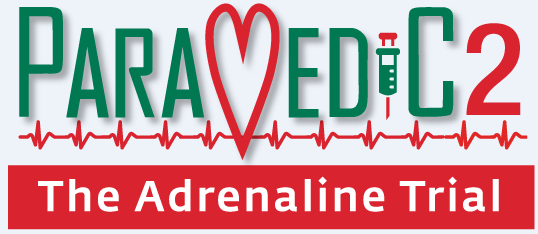Evidence
Several research studies have looked at the use of adrenaline as a treatment for cardiac arrest. However, more high-quality evidence is needed to decide whether it should continue to be used in the treatment of cardiac arrest.
Summary of Research
The diagram below shows a summary of the research studies that have looked at the effect of adrenaline on survival to hospital discharge and risk of brain damage:
|
Adrenaline made |
Adrenaline was associated with a worse survival rate |
||
|
Adrenaline was associated with a better survival rate in a subgroup with a non-shockable heart rhythm |
Adrenaline made |
Adrenaline was associated with a worse survival rate |
Adrenaline was associated with a worse survival rate and increased risk of severe brain damage |
|
Adrenaline made |
Adrenaline was associated with a worse survival rate |
Adrenaline was associated with a worse survival rate and increased risk of severe brain damage |
|
|
Adrenaline made |
Adrenaline made |
As you can see above, only one study showed an increase in survival and therefore a benefit to patients. The rest of the studies show either no difference in the chance of survival or harm when adrenaline is used.
Clinical trial needed
Many international experts have called for a larger clinical trial which can answer the question is adrenaline (epinephrine) helpful or harmful. The articles written about this important question can be read on the following links:
- Is Epinephrine During Cardiac Arrest Associated With Worse Outcomes in Resuscitated Patients?
- Epinephrine in Out-of- Hospital Cardiac Arrest
- Epinephrine in out-of-hospital cardiac arrest: A critical review
- Adrenaline for out-of-hospital cardiac arrest resuscitation: A systematic review and meta-analysis of randomised controlled trials
- Effect of epinephrine on survival after cardiac arrest: a systematic review and meta-analysis
- Adrenaline for out of hospital cardiac arrest?
- Is adrenaline safe and effective as a treatment for out of hospital cardiac arrest?



